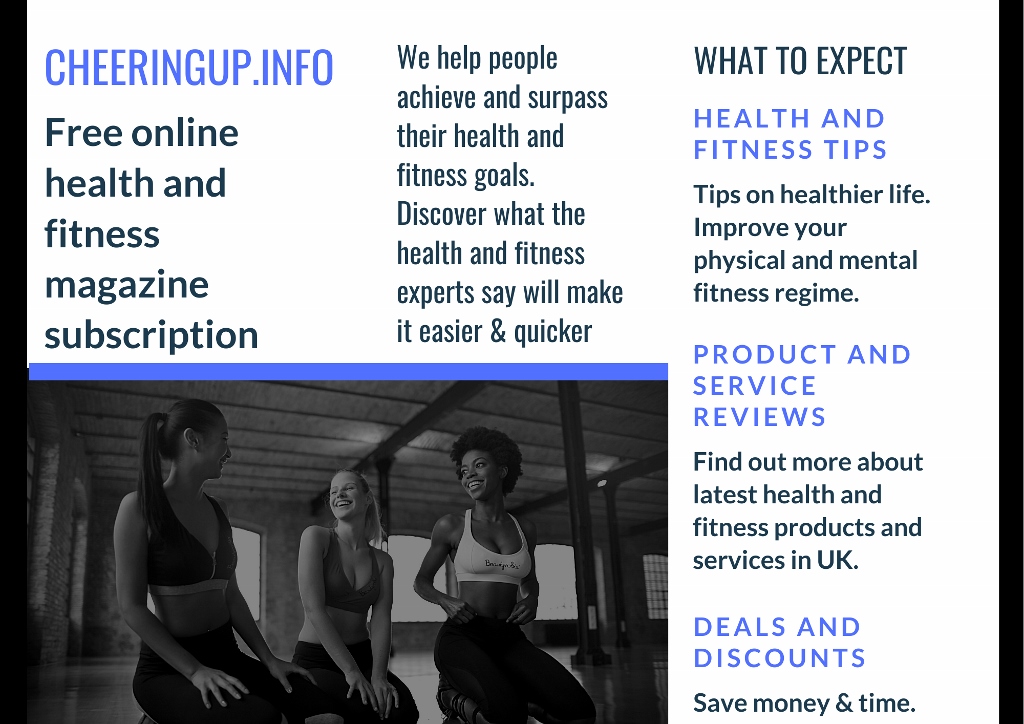Control what you can control to improve your health and reduce the risk of dementia
Is it possible to prevent dementia? For some no but most people can reduce the risk of suffering from dementia. Pick up tips to reduce the risk of dementia.
Take control of your health. There is little point worrying about the things you cannot control like genetic predilection to dementia if you are smoking socially isolated not exercising physically and mentally drinking too much and have poor diet.
Common dementia risk factors
There are things that increase your risk of dementia. If you tackle the dementia risk factors then you have a better chance of not suffering from dementia at any age as it is not just older people who have dementia.
Reduce risk of Alzheimer’s
Alzheimer’s disease is a progressive and degenerative brain disorder that affects memory, thinking, and behavior. It is the most common cause of dementia in older adults and is characterised by the loss of cognitive function and the ability to perform everyday activities.
Symptoms of Alzheimer’s disease typically begin with mild memory loss and difficulty completing familiar tasks, but as the disease progresses, symptoms can include confusion, mood and behaviour changes, and difficulty speaking, swallowing, and walking. There is no known cure for Alzheimer’s disease, and it is ultimately fatal.
There are many risk factors for developing Alzheimer’s disease, including advancing age, genetics, and a family history of the disease. However, there are also several lifestyle factors that can increase the risk of developing Alzheimer’s disease, such as smoking, physical inactivity, high blood pressure, and poor diet.
To reduce the risk of experiencing Alzheimer’s disease, there are several steps you can take:
- Exercise regularly: Physical activity has been shown to improve brain function and may reduce the risk of developing Alzheimer’s disease.
- Eat a healthy diet: A diet rich in fruits, vegetables, and whole grains and low in saturated fats and sugar may help reduce the risk of developing Alzheimer’s disease.
- Stay mentally active: Engaging in activities that challenge the brain, such as reading, puzzles, and games, may help keep the brain healthy and reduce the risk of developing Alzheimer’s disease.
- Don’t smoke: Smoking has been linked to an increased risk of developing Alzheimer’s disease and other forms of dementia.
- Control your blood pressure: High blood pressure has been linked to an increased risk of developing Alzheimer’s disease.
- Get enough sleep: Lack of sleep has been linked to an increased risk of developing Alzheimer’s disease.
- Stay socially active: Socializing and staying connected with others may help protect against the development of Alzheimer’s disease.
- Manage stress: Chronic stress has been linked to an increased risk of developing Alzheimer’s disease.
- Avoid head injuries: Traumatic brain injuries have been linked to an increased risk of developing Alzheimer’s disease.
- Consider taking certain supplements: Some studies have suggested that certain supplements, such as vitamin D and omega-3 fatty acids, may help reduce the risk of developing Alzheimer’s disease. However, it is important to speak with a healthcare professional before starting any new supplements.
While there is currently no cure for Alzheimer’s disease, taking steps to reduce your risk of developing the disease may help protect your brain health as you age.
Pick up tips from CheeringupInfo to reduce risk of dementia.
Subscribe for free alerts bulletins and reviews to your email inbox.
Promote and market your business on CheeringupInfo for 12 months
Put your products or services in front of new buyers already interested in your business offering. Link into your existing sales process direct from CheeringupInfo.
Increase your revenue streams more profitably and more sustainably. Grow your business faster.
Read more health and fitness articles and watch videostream trending on CheeringupInfo
A healthy lifestyle can help lower your risk of developing dementia. Keep your brain healthy and your body healthy.
What are the first signs of Alzheimer’s and how does it differ from dementia?

Alzheimer’s disease is a type of dementia, a general term for loss of memory, language, problem-solving and other thinking abilities that are severe enough to interfere with daily life. Alzheimer’s is the most common cause of dementia, accounting for 60-70% of cases.
The first signs of Alzheimer’s can be subtle and may go unnoticed for some time. However, there are a few key symptoms that can be a red flag. These include:
- Memory loss. This is the most common early symptom of Alzheimer’s. People with Alzheimer’s may have trouble remembering recent events, names, or faces. They may also forget things they used to know how to do, such as how to cook a meal or how to get to a familiar place.
- Language problems. People with Alzheimer’s may have trouble finding the right words, or they may use words incorrectly. They may also have trouble understanding what others are saying.
- Problem-solving and planning. People with Alzheimer’s may have trouble making decisions or solving problems. They may also have trouble following through on plans.
- Changes in mood and behaviour. People with Alzheimer’s may become more withdrawn or irritable. They may also have trouble controlling their emotions.
It is important to note that these symptoms can also be caused by other medical conditions, such as depression, vitamin deficiencies, or side effects of medications. If you are concerned about your memory or thinking skills, it is important to see a doctor to rule out other causes.
How can you tell if a person has Alzheimer’s or dementia?
There is no single test that can definitively diagnose Alzheimer’s disease. However, there are a number of tests that can be used to rule out other causes of dementia and to assess the severity of the condition. These tests may include:
- Neuropsychological testing. This type of testing measures cognitive skills such as memory, language, and problem-solving.
- Brain imaging. This can help to rule out other causes of dementia, such as stroke or brain tumor.
- Blood tests. These tests can check for vitamin deficiencies or other medical conditions that can cause dementia-like symptoms.
If you are concerned that you or someone you know may have Alzheimer’s disease, it is important to see a doctor for evaluation. Early diagnosis and treatment can help to slow the progression of the disease and improve quality of life.
How do you check for early Alzheimer’s?
There is no single test that can definitively diagnose Alzheimer’s disease in its early stages. However, there are a number of things that your doctor can do to assess your risk and to rule out other possible causes of your symptoms. These may include:
- A complete medical history and physical exam. Your doctor will ask about your symptoms and your family history of dementia. They will also perform a physical exam to look for any signs of other medical conditions that could be causing your symptoms.
- Neuropsychological testing. This type of testing measures your cognitive skills, such as memory, language, and problem-solving. This can help your doctor to assess the severity of your symptoms and to rule out other possible causes of dementia.
- Brain imaging. This can help your doctor to rule out other causes of dementia, such as stroke or brain tumor.
If your doctor suspects that you may have Alzheimer’s disease, they may recommend that you see a specialist in dementia care. This specialist can help you to understand your diagnosis and to develop a treatment plan.
What can early stages of a dementia like Alzheimer’s often be confused with?
The early stages of Alzheimer’s disease can often be confused with other medical conditions, such as depression, vitamin deficiencies, or side effects of medications. It is important to see a doctor to rule out these other possibilities before making a diagnosis of Alzheimer’s disease.
Some of the conditions that can be confused with Alzheimer’s disease include:
- Depression. Depression can cause symptoms such as memory loss, difficulty concentrating, and changes in mood. However, depression is usually treatable with medication or therapy, while Alzheimer’s disease is not.
- Vitamin B12 deficiency. Vitamin B12 deficiency can cause symptoms such as memory loss, fatigue, and numbness in the hands and feet. Vitamin B12 deficiency can be easily treated with supplements, so it is important to see a doctor to rule out this possibility.
- Side effects of medications. Some medications, such as sedatives and anticholinergics, can cause symptoms that mimic Alzheimer’s disease. If you are taking any medications, it is important to talk to your doctor about the potential side effects.
#CheeringupInfo #Dementia #DementiaRisk #RiskOfDementia #Alzheimers #MentalHealth #Wellness
How to reduce the risk of dementia with CheeringupInfo






















